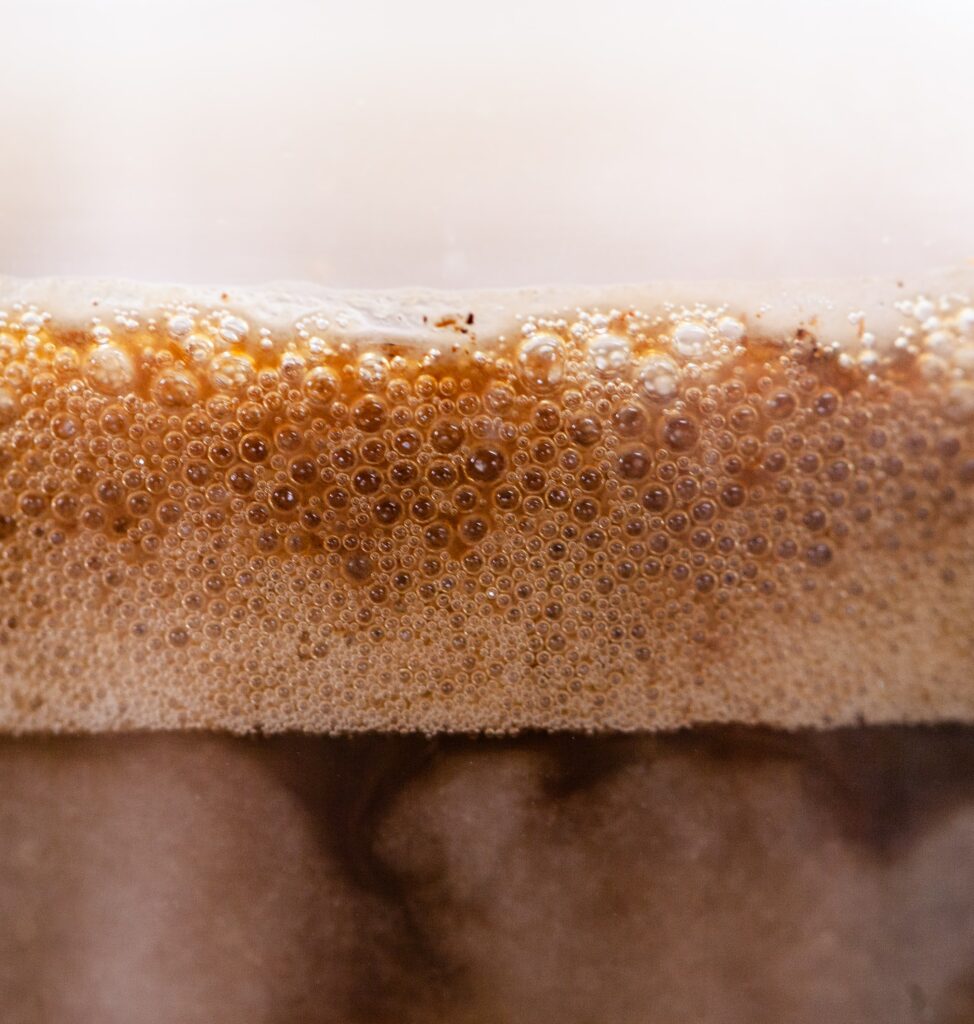-
What is a protein shake?
The classic shake is a few spoonfuls of protein powder mixed with water or milk, but the increasing popularity of protein-packed liquids means that there are far more options available. Most boutique gyms and studios will sell protein shakes or smoothies that are generally more delicious than a standard DIY shake but can also contain high amounts of sugar if they throw in a load of fruit or chocolate. You can also buy ready-made protein drinks in the supermarket nowadays, but again, you should make sure to check how much sugar they contain.
Protein shakes use different types of protein in varying amounts. They may include:
- Milk
- Whey
- Casein
- Egg
- Soy
- Rice
-
Why Should You Take Protein Shake?
-
Who should take a protein shake?
Infants under 6 months of age can drink whey protein only if it’s in breast milk or age-appropriate infant formulas. About 60 to 80 percent of the protein in breast milk is whey.
Toddlers and children ages 1 and older can get protein by eating a variety of milk-based dairy foods, such as cow’s milk, yogurt, and cottage cheese. However, children with lactose intolerance or milk allergies may have to pass on whey-containing dairy foods, choose soy-based foods, or pick lactose-free products.
As with younger children, teens can consume whey protein in dairy products like milk, yogurt, and cottage cheese. Although some teenage athletes do take whey-protein supplements, the American Academy of Pediatrics says that protein supplements are not necessary for teen athletes eating a well-balanced diet, and these supplements may actually decrease performance in endurance sports.
Adults of all ages can consume whey in dairy products, and whey supplements if approved by a doctor. In fact, milk, yogurt, and cottage cheese are excellent sources of high-quality, complete protein for older adults who may have difficulty chewing.
-
Where & When to take a protein shake?
The elderly, as well as people looking to build muscle, increase strength and improve exercise performance and recovery, can benefit from taking protein before bed. In a review of studies, scientists concluded that taking protein before bed is an effective strategy to promote muscle building and help them adapt to exercise. This is because protein consumed before bed is effectively digested and absorbed, increasing the availability of protein to muscles for recovery throughout the night. Scientists from that study recommended consuming 40 grams of protein prior to bed to maximize muscle growth and adaptation through the night.
In another study in 16 healthy elderly men, half the participants consumed casein protein before bed, while the other half consumed a placebo. The study showed consuming casein protein before bed promoted muscle growth, even in less active elderly people.
If you want to take protein before bed, you may consider taking a form of casein protein. Casein is digested slowly, which means it can provide the body with a steady supply of protein through the night. You can also get the benefits of casein protein from real foods instead of supplements. Dairy products like cottage cheese and Greek yogurt are high in casein.
Summary:
Taking protein beforebed may be an effective strategy to help build muscle, increase strength and improve exercise performance and recovery. Elderly people looking to preserve muscle mass may also benefit from taking protein before bed.




